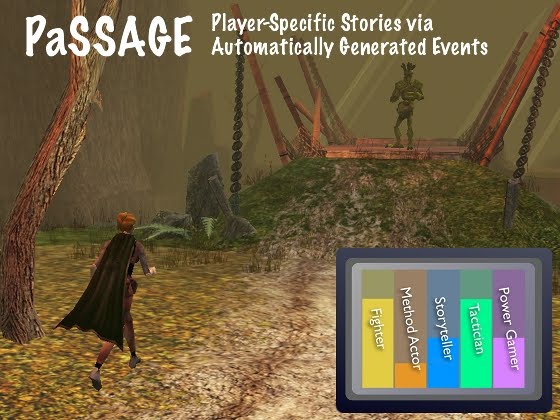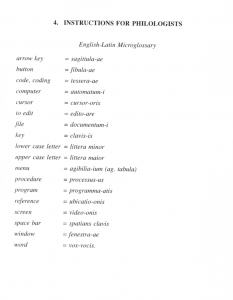I’ve been thinking about the phrase “information wants to be free” by Steward Brand according to Chris Anderson in Free: the future of a radical price (see chapter 6). Brand originally saw this as a paradox between information want to be expensive and wanting to be free,
On the one hand information wants to be expensive, because it’s so valuable. The right information in the right place just changes your life. On the other hand, information wants to be free, because the cost of getting it out is getting lower and lower all the time. So you have these two fighting against each other. (Brand, 1984)
Anderson in Chapter 6 of Free goes back to Brand to find out why he anthropomorphized information instead of saying “information should be free.” (Brand felt it sounded better and that it focused attention on information, not people.)
While the phrase is memorable as it is (and because it ascribes intention to information) I suspect it would be more accurate to say that “information infrastructure is designed to promote free access.” The web was not designed to facilitate payment for information (as Ted Nelson imagined his Xanadu docuverse would be.) The design and economics of our infrastructure brought the cost of publishing and dissemination down to the cost of having an internet connection and an account on a server. That made it easy for all sorts of people who have non commercial reasons for sharing information to publish free information. It did not, however, mean that all information is available free. There are still people who resist sharing information for all sorts of reasons. In particular I am interested in indigenous communities that resist sharing their stories because that would turn them into information. Their stories are meant to be told in a context by someone who has rights to that story to others who are ready for the story. Posting it on the net decontextualizes the story and reduces it to mere information which in its freedom is neither really free or informative as the original telling.
For a useful web page on the phrase, its origin and uses of the aphorism see Roger Clarke’s ‘Information Wants to be Free’.



